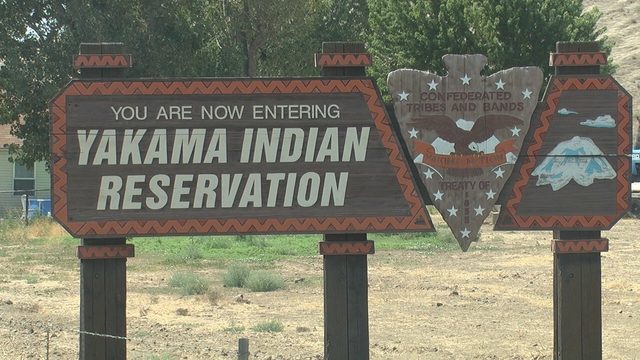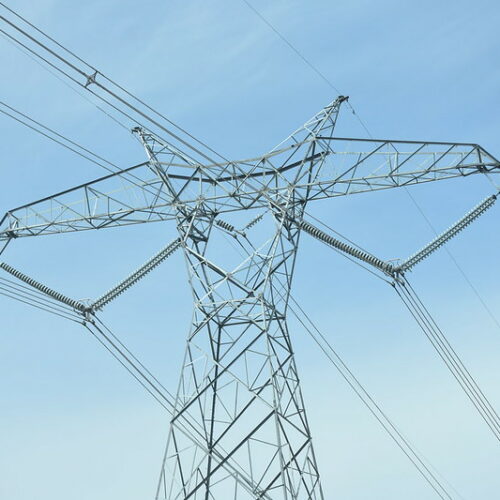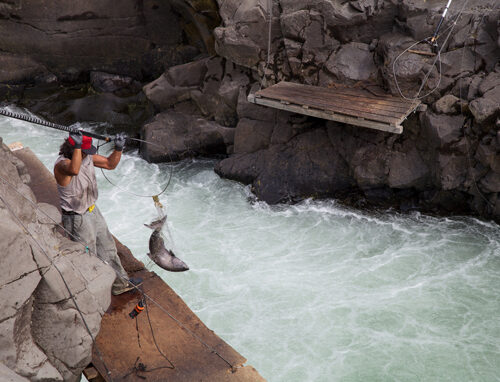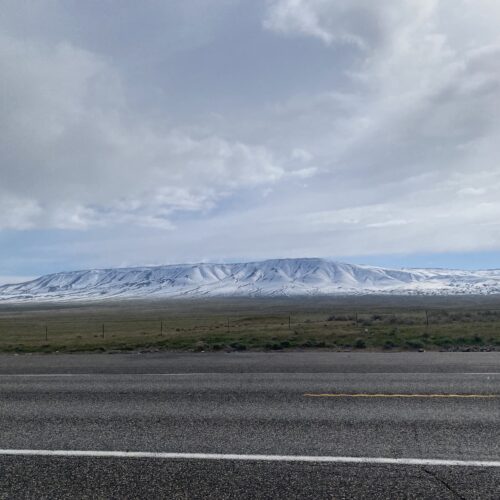
Washington Supreme Court Reverses Itself In Century-Old Case, Affirms Yakama Nation Treaty Rights
READ ON
The Washington State Supreme Court reversed a century-old ruling Friday against a Yakama Nation tribal member for fishing outside the reservation.
The 1916 ruling mandated criminal charges against Alec Towessnute for fishing outside the Yakama reservation on traditional fishing grounds – a right assured by the Yakama’s Treaty of 1855 with the federal government. He was arrested near Prosser for using a gaff hook, a traditional way of fishing.
The 1916 ruling also characterized Native peoples as “a dangerous child” who “squandered vast areas of fertile land before our eyes.”
On Friday, current state Supreme Court justices unanimously called the past ruling racist and unjust in a new order read by Raquel Montoya-Lewis, the court’s first Native American justice.
“This court characterized the Native people of this nation quote as a dangerous child who squandered vast areas of fertile land before our eyes. Today, we take the opportunity presented to us by the descendants of Mr. Towessnute to repudiate this case, its language, its conclusions and its mischaracterization of the Yakama people,” Montoya-Lewis said.
Emily Washines is a Yakama Nation historian. She says the modern court’s reversal goes beyond fishing rights.
“There was a number of different ways they were misclassifying our people. They were misinterpreting our treaty rights,” Washines told NWPB Friday. “This continues into this aspect of having Native people fight for not only our fishing rights but for our identity and who we are.”
In 2014, Washington legislators passed a bill allowing courts to vacate tribal fishing convictions before 1975. A year later, the state Supreme Court declined to vacate Towessnute’s conviction because of missing court records.
Related Stories:

Yakama Power looks to alternative energy storage projects
A transmission line silhouetted by blue sky. The Yakama Nation is planning a new sort of battery, called advanced rail energy storage. (Credit: Austin Taylor / Flickr Creative Commons) Listen

Fish hatchery transferred to Yakama Nation, upgrades underway
Yakama Nation tribal members fish in the Klickitat River for fall chinook salmon. The Yakama Nation recently gained ownership of a fish hatchery on the river. (Credit: USFWS – Pacific

Hanford safety officer hired on by Yakama Nation
Rattlesnake Mountain on the Hanford site in 2022. The mountain is sacred to the Yakama Nation and other Northwest Indigenous tribes and bands near the Hanford site. (Credit: Anna King















